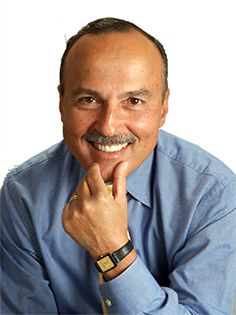Menu
- About Us
- Contact Us
- Testimonials
- Continuing Education
- Approved Courses
- Course Login
- Electrical Engineer PDHs
- ICC Approved Courses
- Live CEU Seminars
- NABCEP CEUs
- Electrical Engineering
- Electrical Engineer PDHs
- Engineers Library
- Exam Preparation
- Florida State Exam Prep
- Inspector (Electrical)
- Journeyman Exam Prep
- Masters Exam Prep
- State Licensing Boards
- Free Stuff
- Charts & Calculators
- Code Forum
- Find an Expert
- Find a School
- Graphic of the Day
- Job Board
- Links
- NEC
- Newsletters
- Publications
- Podcasts
- Technical
- Videos
- Instructors & Schools
- Apprenticeship
- Capacitor Login
- ISBNs
- Training Solutions
- Request a Quote
- Products
- Best Values
- Books & DVDs
- Clearance
- Seminars
- CEU Seminars
- Seminar Schedule
404 Error - Page Not Found
 Oops! You've reached a page that doesn't exist!
Oops! You've reached a page that doesn't exist!
We can help you on our main page at www.MikeHolt.com,
or click
here to search our site!






